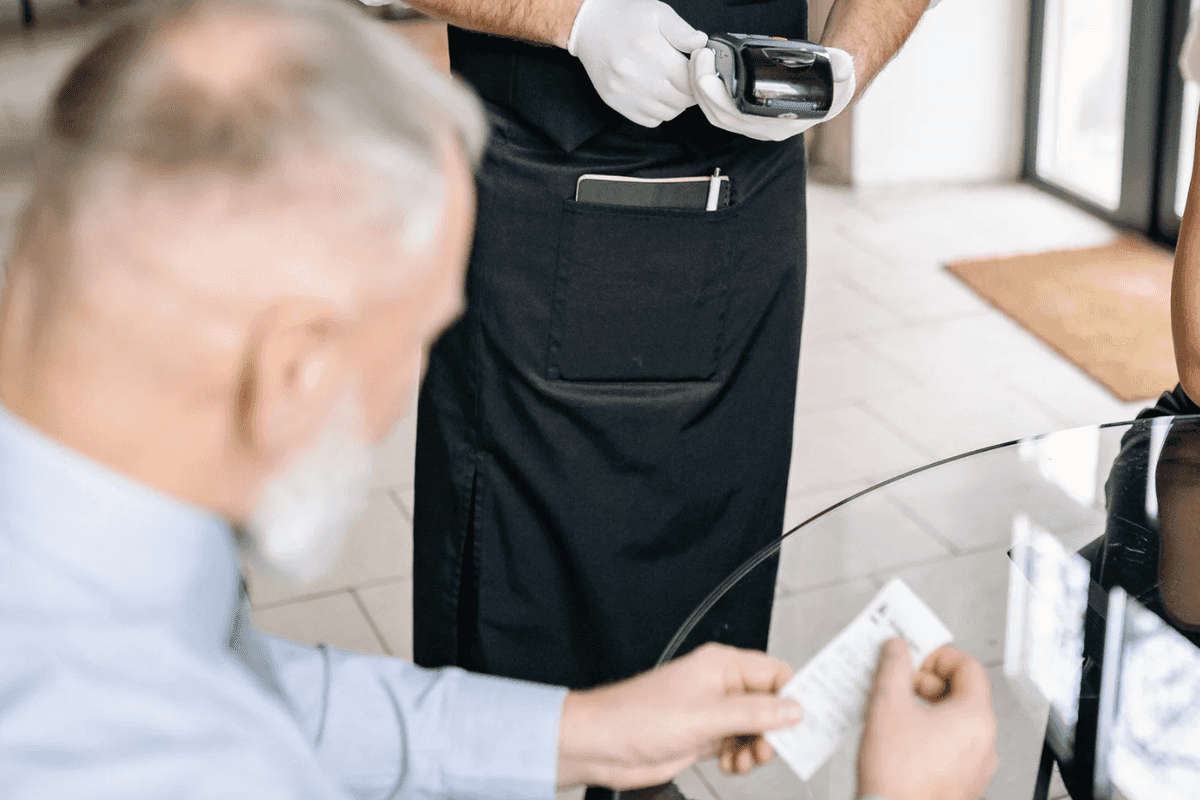Pennsylvania home is the entrance to a cave that’s been closed for 70 years
You can only access the cave from the basement of the home and it’s open for business.

This Pennsylvania home is the entrance to a cave.
Have you ever seen something in a movie or online and thought, "That's totally fake," only to find out it's absolutely a real thing? That's sort of how this house in Pennsylvania comes across. It just seems too fantastical to be real, and yet somehow it actually exists.
The home sits between Greencastle and Mercersburg, Pennsylvania, and houses a pretty unique public secret. There's a cave in the basement. Not a man cave or a basement that makes you feel like you're in a cave, but an actual cave that you can't get to unless you go through the house.
Turns out the cave was discovered in the 1830s on the land of John Coffey, according to Uncovering PA, but the story of how it was found is unclear. People would climb down into the cave to explore occasionally until the land was leased about 100 years later and a small structure was built over the cave opening.
The idea was to make it accessible to visitors and use the cave as a tourist attraction, and the small structure was eventually built into a two-story house. But it was closed to the public in 1954 after the land was purchased for limestone mining and it remained closed for nearly 70 years. (In the words of Stephanie Tanner, "How rude.") Sometime during that 70-year closure, the home that contains the cave was purchased by Dara Black, and in 2021, it reopened to the public.
Currently, the home is occupied by Black, but to gain access to the cave you can simply book a tour. The best part about booking a tour is that you only have to make a donation to enter. It's a pay-what-you-can sort of setup, but since someone actually lives in the home, you can't just pop in and ask for a tour. You have to go during the "open house" times available.
According to the Black-Coffey Caverns Facebook page, they treat the tours truly as an open house, complete with snacks and drinks. There's a waiting room area where people can chat and eat their snacks while they wait for the tour to start. They also offer cave yoga once a month. According to Uncovering PA, the tour takes about 45 minutes to complete and there are about 3,000 feet worth of passageways.
Imagine living on top of a cave and just taking strangers on a waltz under your floorboards essentially. It makes me wonder if the house is quiet at night or if you can hear echoes of the cave sounds while you're trying to sleep. From the Facebook page, it appears that the cave doesn't have any lights, but there were pictures with some Christmas lights mounted to the cave walls. Otherwise, you have to use flashlights.
Hopefully, no mischievous children decide to play hide and seek or you just might have to call in a rescue crew. Literally. But what an unbelievable "pics or it didn't happen" kind of story to tell. It's not every day you run into someone that has a door that leads you to an underground cave.
If you want to see what a cave tour looks like starting from the outside of the house, check out the video below:
This article originally appeared on 1.30.23
- New research shows that children who grow up near nature become happier adults ›
- Texas drought reveals 113-million-year-old dinosaur footprints in Dinosaur Valley State Park ›
- Woman finds creepy secret staircase while cleaning her house - Upworthy ›
- David Harbour and Lily Allen show off quirky Brooklyn home - Upworthy ›



 A man saying "be quiet."via
A man saying "be quiet."via  A woman zipping up her mouth.via
A woman zipping up her mouth.via 

 Three women sit on a blanket in the park.
Three women sit on a blanket in the park. 
 People practicing on the driving range. via
People practicing on the driving range. via  A group of people playing golf. via
A group of people playing golf. via 